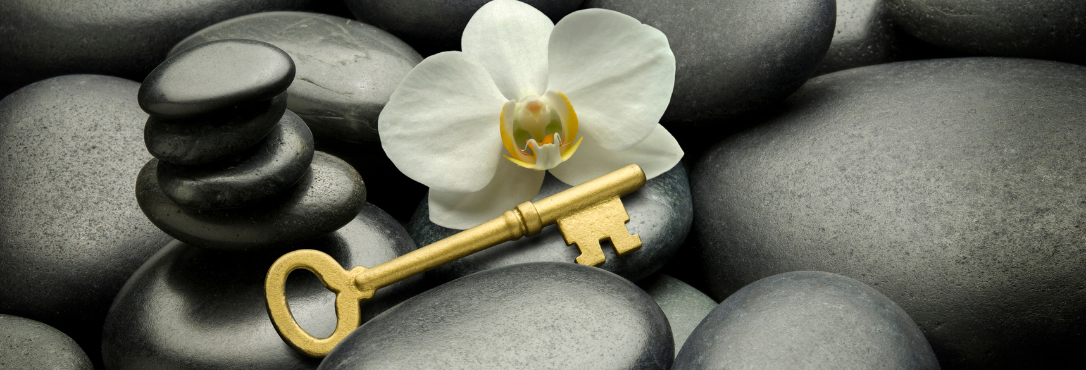2026 Autumn Budget event industry asks, event inclusion, and more
This month’s news highlights industry 2026 Autumn Budget asks, an industry driven by growth, accountability and inclusion. From economic gains to new standards and support...

Venue Feng shui! Have you come across this yet? Feng shui is an ancient Chinese practice focused on creating harmony and balance in spaces. It is believed to have an impact on the energy flow (or “qi”) within a space.
And the Feng Shui Society has many corporate clients using Feng Shui Accredited consultants to maximise their spaces. Organisations include Hilton Hotels, Marriott Hotels, Coca-Cola, and more. The society recommends well-chosen colour accents to stimulate positive brain responses. Feng shui harnesses natural elements, colour, direction, light, and placement to suit the event environment.
In event venues, the room arrangement in accordance with feng shui principles can influence the atmosphere and attendees’ experiences in several ways.
Properly arranged furniture and decor can create a sense of comfort and wellbeing among your attendees. For example, ensuring seating arrangements are conducive to conversation and relaxation can help people feel more at ease.
Tip: Have an open space for networking events with little furniture to encourage movement and conversations.
Feng shui emphasises the flow of energy throughout a space. By arranging elements in a way that encourages positive energy flow, attendees may feel more energised and engaged.
Tip: Streamline the flow of energy – make sure the space isn’t cluttered and only includes essential equipment and furniture.
A well-balanced space can help reduce distractions and promote focus. This is particularly important for events where attendees need to concentrate, such as business conferences or workshops.
Tip: Ensure the furniture is comfortable and inviting, for example, by avoiding sharp edges to promote focus. It’s also important to position furniture to be as optimal as possible for the work your attendees need to do.
Tip: Have you got several attendees at virtual meetings? Set up separate spaces with a comfy chair and side table near a power socket. Is there a breakout meeting where attendees need to take notes? Pull together a clump of desks and sturdy chairs in a well-lit spot.
Certain feng shui principles are also believed to have emotional effects. For example, incorporating elements of nature, such as plants or natural light, can evoke feelings of calmness and relaxation.
Feng shui encourages harmony in design, which can enhance the overall aesthetic appeal of the venue. A visually pleasing environment can positively affect attendees’ perceptions of the event and its organisers.
Tip: Add in some bright plants as a natural source of positive energy and to purify the air. Or hang mirrors strategically where you want to accentuate the ‘qi’ and create more light and space.
Feng shui often incorporates symbolism in its design principles. Symbolic elements can convey messages or evoke emotions that resonate with attendees, adding depth and meaning to the event experience.
Tip: A great example of this is water features. Water is a symbol of prosperity and abundance in feng shui, so adding a fountain or aquarium can suggest opulence.
The impact of feng shui on attendees may vary depending on individual beliefs and cultural backgrounds. Yet, many event organisers consider incorporating feng shui principles to create a more positive and harmonious environment for their guests. It can help attendees feel calm, more productive, and focused when done correctly, so it is definitely worth considering.